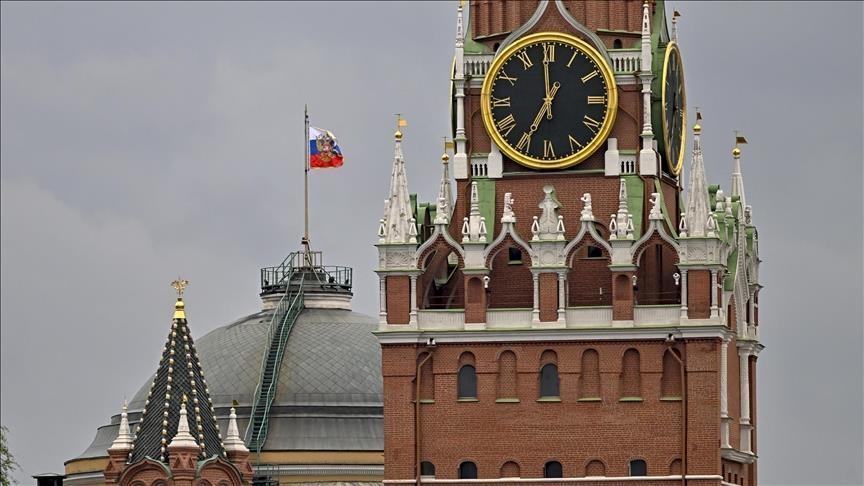ISTANBUL
Russia has launched a formal legal case against Australia over the cancellation of Moscow’s lease on land to construct a new embassy building in Canberra near the parliament.
Russian Ambassador to Australia Alexey Pavlovsky on Friday moved to the High Court to challenge the Australian government’s new legislation over the issue, ABC News reported.
The government led by Prime Minister Anthony Albanese last week rushed through a new law to cancel the lease to the Russian Embassy.
“The government has received very clear security advice as to the risk presented by a new Russian presence so close to the parliament,” the Australian premier had said about leasing land to the Russian Embassy.
Earlier on Friday, Albanese said there was “no threat” posed by a Russian diplomat squatting on a piece of land at Yarralumla area in Canberra, close to the nation’s parliament, which was earlier leased to Moscow’s mission in Canberra.
“A bloke standing in the cold on a bit of grass in Canberra is not a threat to our national security,” Albanese told reporters in the capital city.
His comments came after a Russian diplomat was reportedly seen living on the same site.
“The national security threat that was represented by a Russian Embassy onsite are not the same as some bloke standing on a blade of grass on the site,” Albanese said.
Russian told the court that it has already spent around $8.2 million on construction and associated works since the land was leased in December 2008.
The dispute escalated last August when Australia’s National Capital Authority asked the Russian Embassy to vacate the site in Yarralumla “where construction work on a new diplomatic complex was underway.”
However, Russians challenged the authority’s decision in an Australian federal court and won.
It led the Albanese government to propose and get a new law passed “to permanently stop the construction of a new embassy building.”
A spokesperson of Australia’s Home Affairs said: “Russia’s challenge to the validity of the law is not unexpected. This is part of the Russian playbook.”

